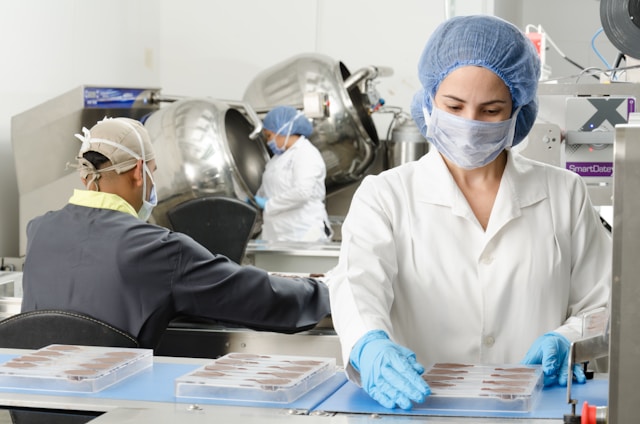The Ministry of Agriculture of the Republic of Serbia has announced changes to regulations in the food safety sector. This includes the introduction of the term “food fraud” and stricter penalties for the perpetrators of such offences. The Directorate for Plant Protection has strengthened regular supervision in the trade of fresh fruits and vegetables, as well as in pre-export procedures, with the aim of controlling pesticide residues. So far, over 450 samples have been checked, and non-compliant products are subject to a legal ban on traffic and safe destruction.
The Minister of Agriculture, Aleksandar Martinović, stated that the state strategy envisages improving the state of the food market. Currently, work is underway to amend the Law on Food Safety and the Law on Official Controls, where the term “food fraud” will be introduced for the first time. These changes are necessary because the previous penalties were inadequate and were not sufficiently deterrent. The new legal framework foresees stricter sanctions for those who violate the regulations, and the goal is to improve coordination, clearer regulations and better control, in order to ensure that the food market is safe, transparent and in accordance with the highest standards. Also, the changes seek to suppress the gray economy and protect the interests of consumers and legal producers.
“There is nothing more important than food safety”
In its report from February this year, the State Audit Institution (DRI) pointed out shortcomings in domestic regulations in the food safety sector. According to their findings, fraud related to food in Serbia was not fully legally regulated and sanctioned. The largest number of consumer deceptions was observed with products such as chocolate, juices, coffee, honey, cheese, black bread and brandy. SAI also warned that there is no obligation to inform the public about detected frauds. With that in mind, she recommended the Ministry of Agriculture to introduce appropriate legal regulations that would deal with this problem.

In addition, the report stated that the institutional framework provided for by the Law on Food Safety was not effectively established. The activities of the Expert Council, established in 2017, did not significantly contribute to the assessment of risks in the area of food safety at the national level. It was also indicated that the capacities of the Directorate for National Reference Laboratories, which is a key body in the field of food safety, were not fully utilized. This laboratory performs most of the laboratory tests in the country. But its capacities remain underutilized, which represents a challenge for comprehensive control and assessment of food safety in Serbia.
Amendments to regulations, introduction of new terms and increased control by the Ministry of Agriculture aim to achieve greater transparency and safety in the food market, which directly protects consumers and ensures compliance with safety standards.
Source: Politics
Source: boljazemlja.com


